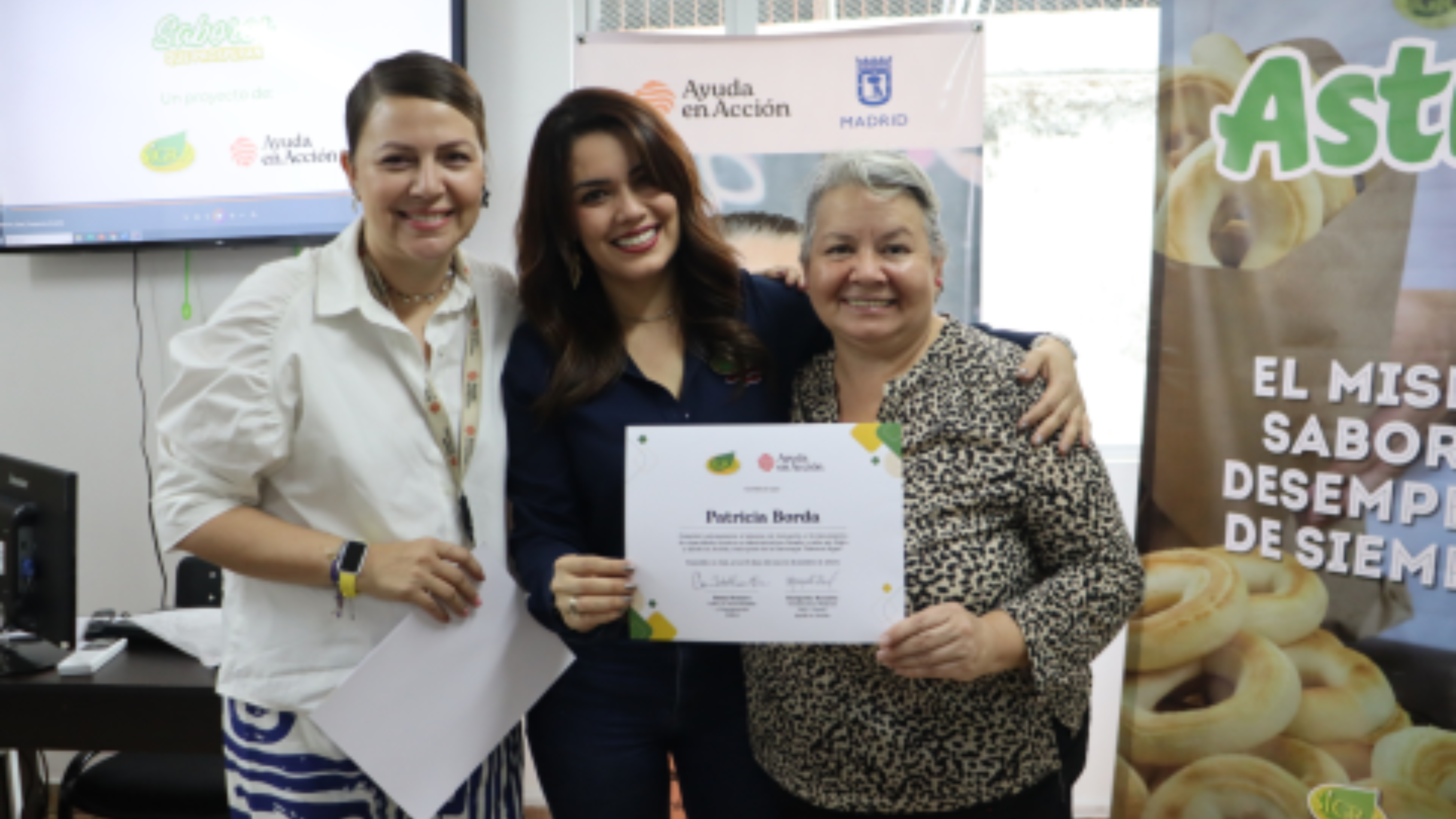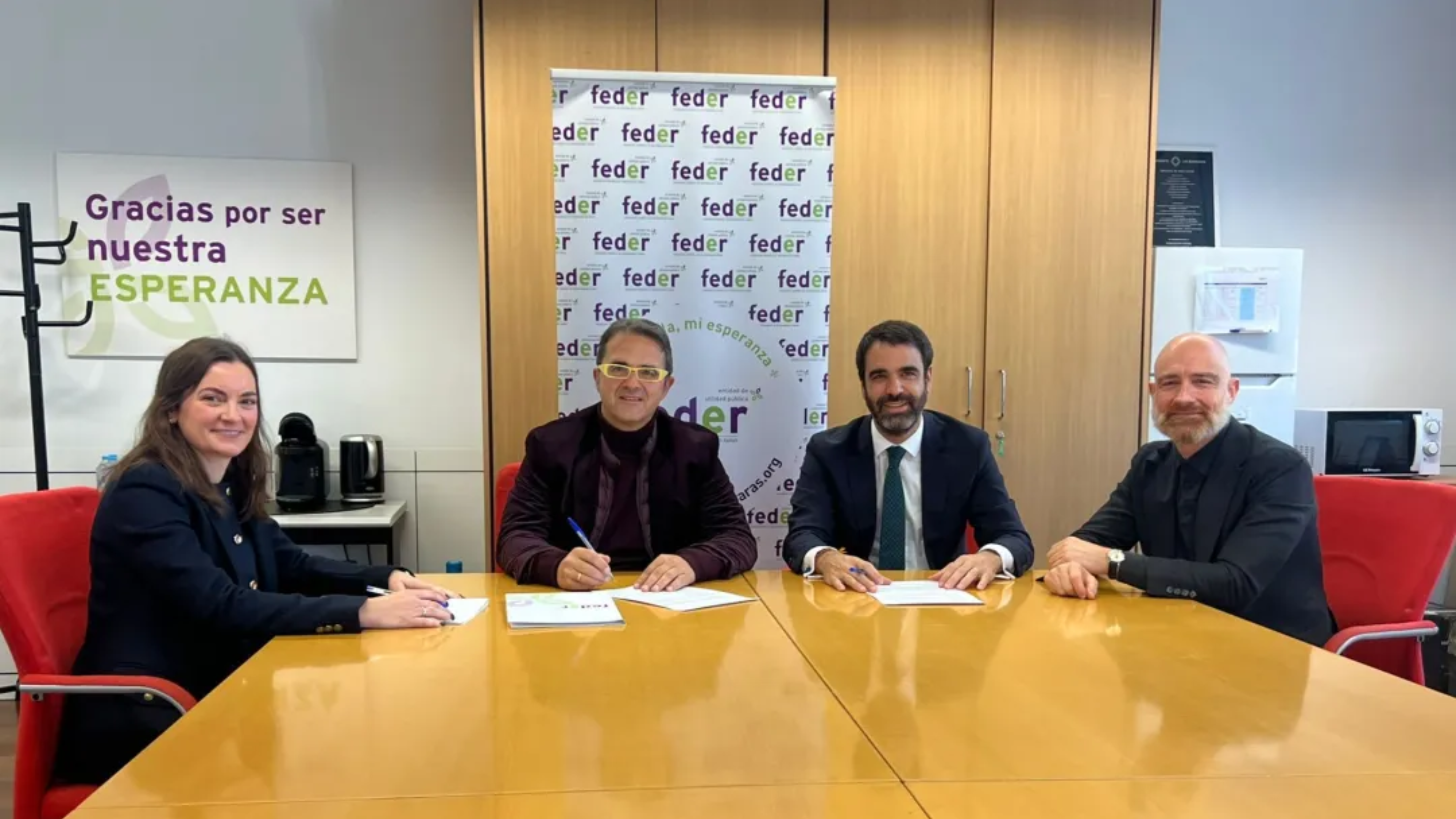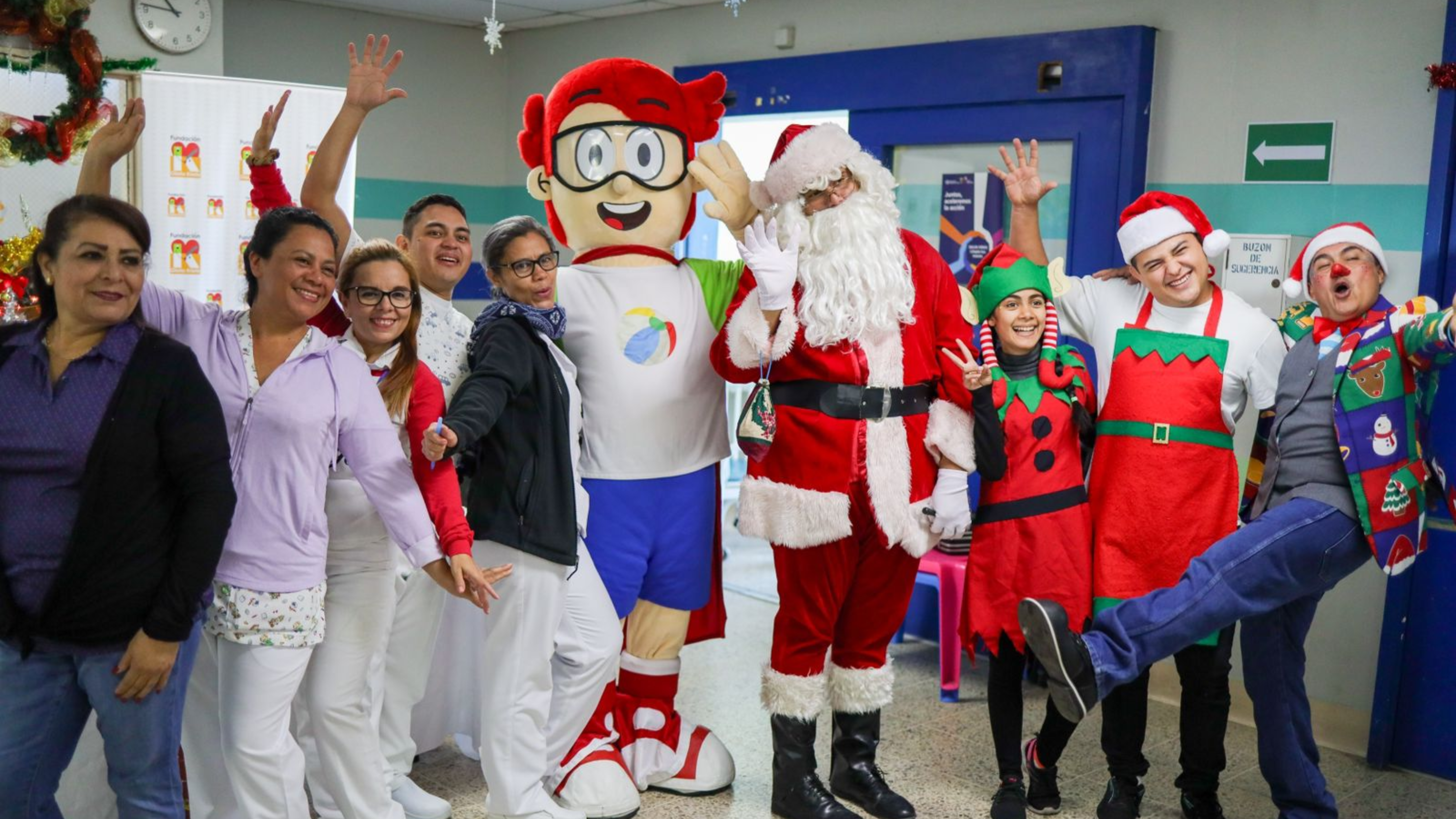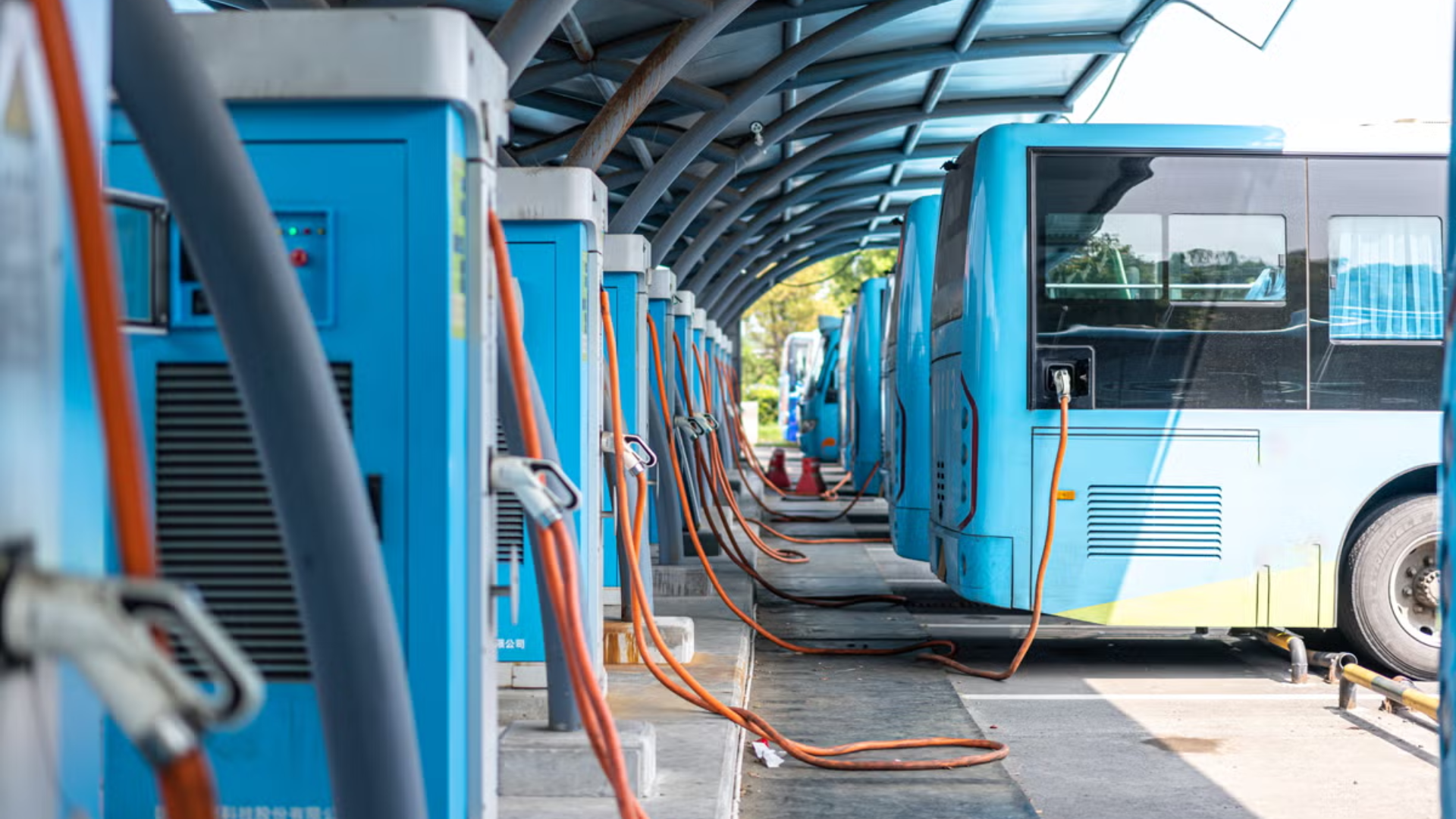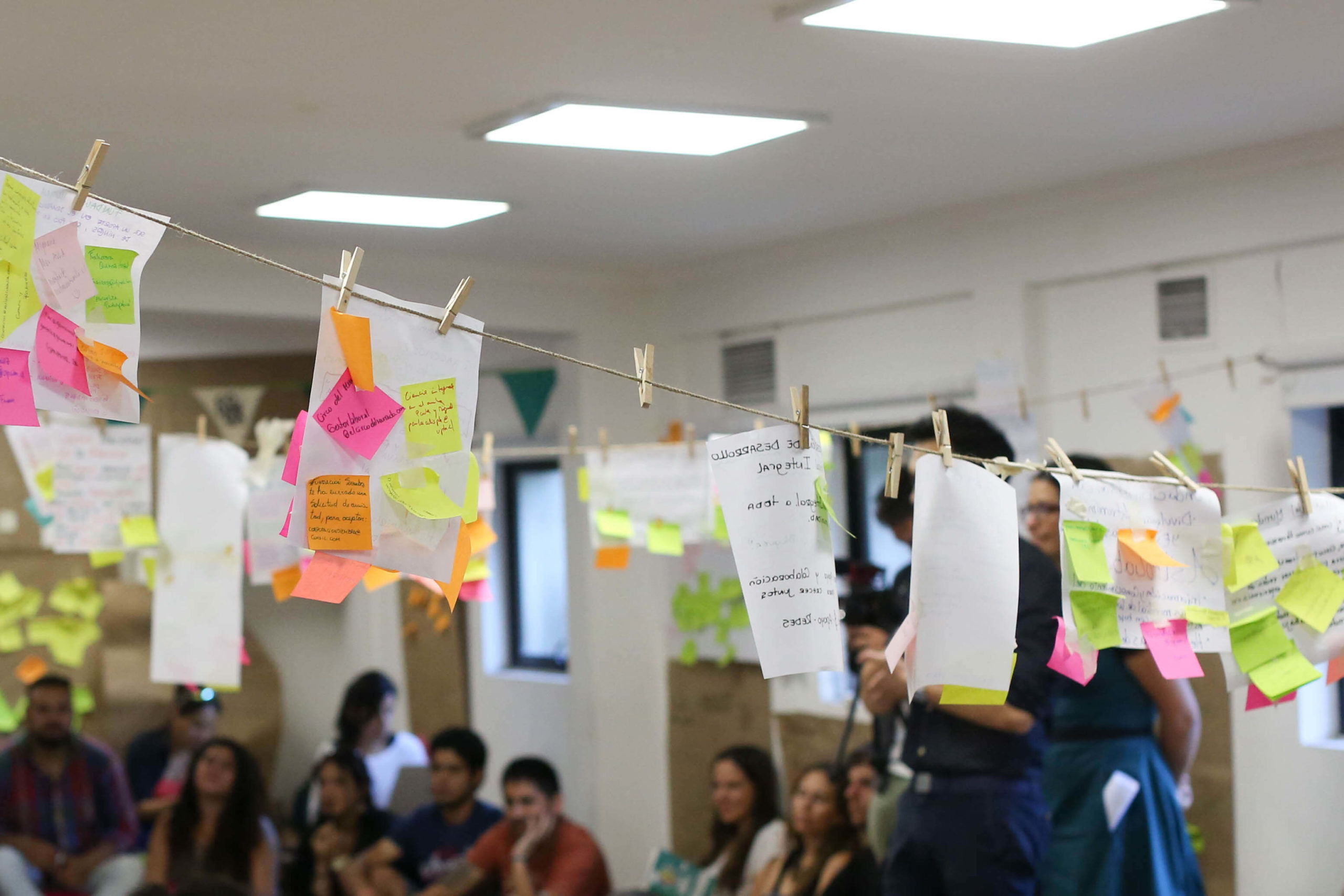
Fundación Colunga held the first Children’s Participation Training workshop, framed in the context of national and international legislation that explicitly promotes the inclusion of children and adolescents in decision-making.
The speakers were Gabriela Piña, sociologist and graduate in philosophy from the Catholic University, master’s and doctorate in Social Anthropology from the London School of Economics and Political Science, and Rosario Palacios, sociologist, journalist, Master in Science in Urban Planning from Columbia University New York and a doctorate in Sociology from the London School of Economics and Political Science.
Both presented a contextual framework to cover the importance of the participation of children and adolescents at this moment in history, to then delve into examples and characterization of tools to make this participation effective.
»Based on the definitions we have about children and their abilities, today children under 18 are not considered citizens. However, our society is in a process of redefining how we see them, as well as how we change the ways in which we see other historically excluded groups,” said Gabriela Piña.
In the United Nations Convention on the Rights of the Child, article 12 explains that the States that are party to this agreement must guarantee children the right to form their own judgment and to express their opinion freely at all times. matters affecting the child, with due regard to the views of the child, in accordance with age and maturity.
For this reason, within the principle of progressive autonomy, or the correct adaptation of the execution of these rights, taking into account the characteristics of development of each level of maturity of children and adolescents, the sociologist Rosario Palacios emphasized that “there is no we must confuse some instances that pass themselves off as moments of participation of children and adolescents, but in reality they are not”.
“Those instances then, can easily become manipulative actions,” she continued. “The line is very thin, but some examples range from forcing children to wear a poster or a t-shirt with a message or drawing with which you do not agree, or when only adults speak and they are not allowed speak to them transforming their participation into a mere symbolism or even, when they cannot decide what to do, what to say or how to dress, turning that “participation” into decoration”.
An exercise in citizenship
According to the presentation shared by both sociologists, considering children and adolescents as subjects of rights, capable of articulating their ideas, allows us to open the door to the exercise of citizenship, it is something that can have immediate effects on the development of societies, such as:
Make processes more democratic
Improve intergenerational relationships
Improve school coexistence
Make citizens more prepared to make decisions
Improve the quality of public debate


